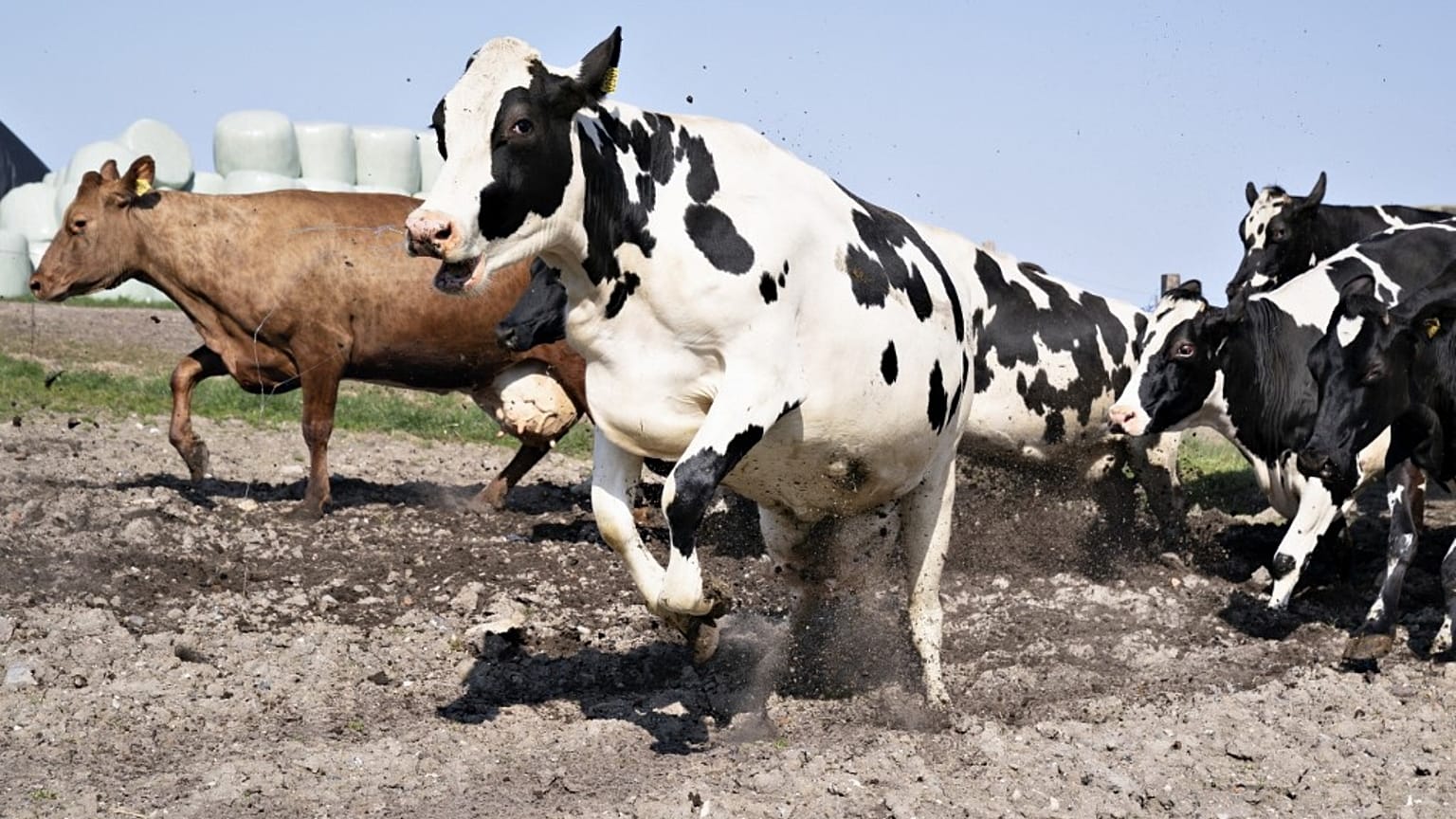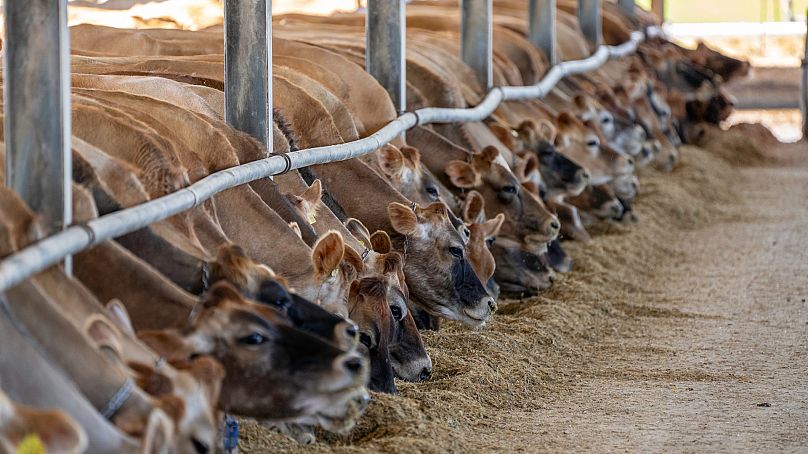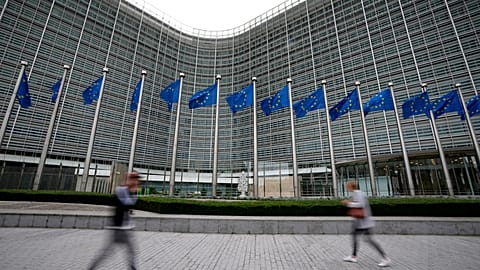Farming in Denmark is expected to account for 40 per cent of emissions by 2030 if no new policies are introduced.
Denmark should aim to reduce beef and dairy production by introducing a farming emissions tax of 750 Danish crowns (€101) per tonne in order to reach its ambitious climate targets, the government's independent adviser said on Monday.
 ADVERTISEMENT
ADVERTISEMENT
 ADVERTISEMENT
ADVERTISEMENT
A tax on farming will increase the incentive for farmers to switch to crops and pork production which emit less greenhouse gases than cattle, according to a report by the Danish Climate Council. The council provides recommendations to the government.
The new government said in December it sees an emissions tax on farming as crucial to achieving a binding target of reducing CO2 emissions by 70 per cent of 1990 levels.
It would become the second country in the world to introduce such a tax after New Zealand announced it would put a price on agricultural greenhouse gases from 2025.
Emissions from farming are expected to grow in Denmark
Emissions from belching cows are a major component of agricultural methane. If no new policies are introduced, farming in Denmark is expected to account for around 40 per cent of emissions in 2030, the council says.
The sector currently accounts for 28 per cent of emissions, according to Statistics Denmark.
A carbon tax of 750 crowns per tonne would be similar to the level for other carbon-heavy industries which was agreed by the country's parliament in June last year. This levy is expected to play a big part in efforts to reduce national emissions and reach wider EU climate targets.
Government estimates say it could reduce greenhouse gas emissions by 3.7 mullion tonnes every year by 2030.
A farming lobby group has warned, however, that an agricultural tax would lead to a wave of bankruptcies among farmers.
Such a tax would "move jobs abroad and prevent Denmark from developing the solutions that can really make a difference to the climate", said Niels Peter Norring, head of climate for the Danish Agriculture & Food Council.
The industry should also look into alternative solutions like cattle feed additives, which could lower the amount of methane released from cows by 25 to 30 per cent, he said.


















